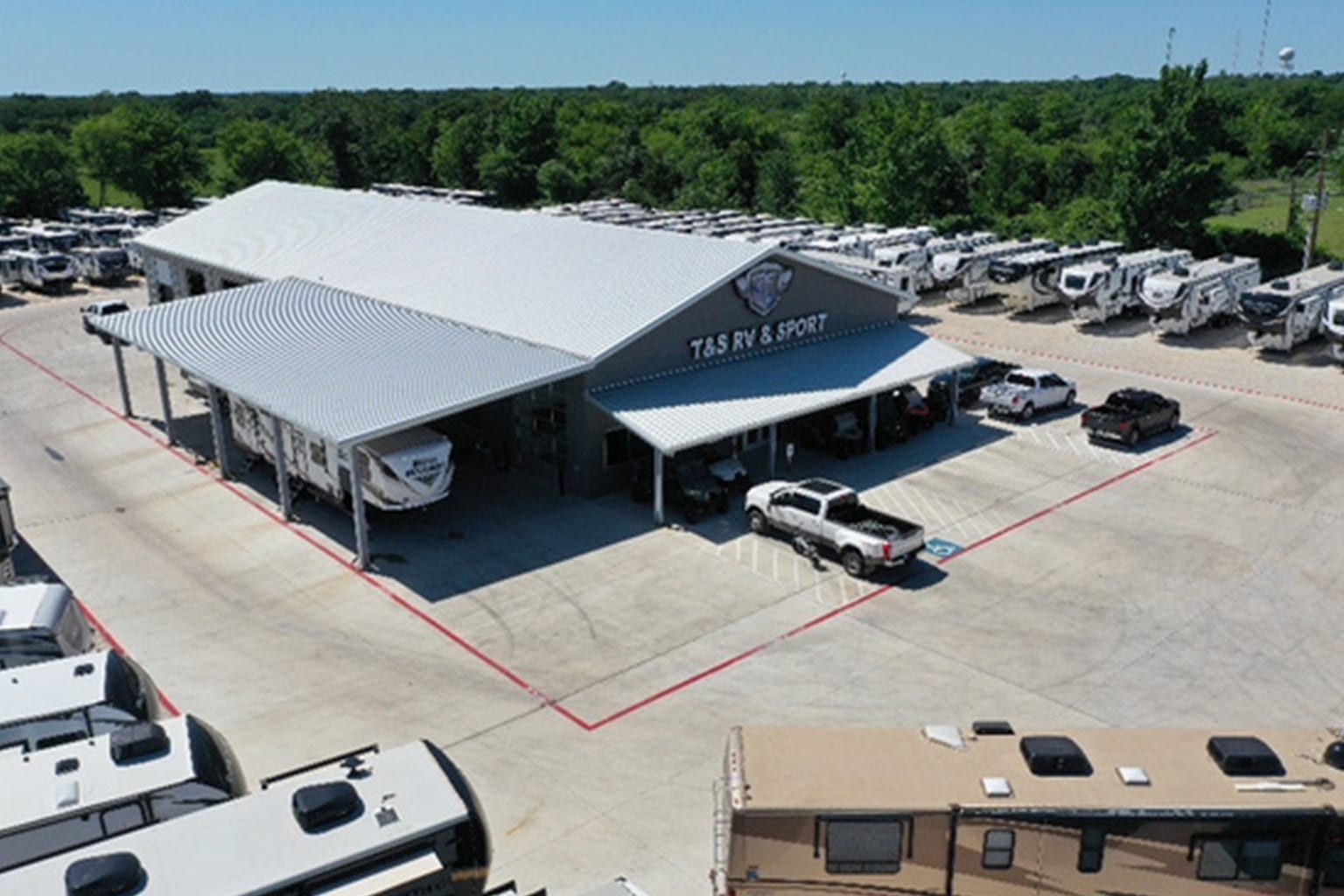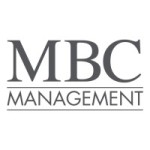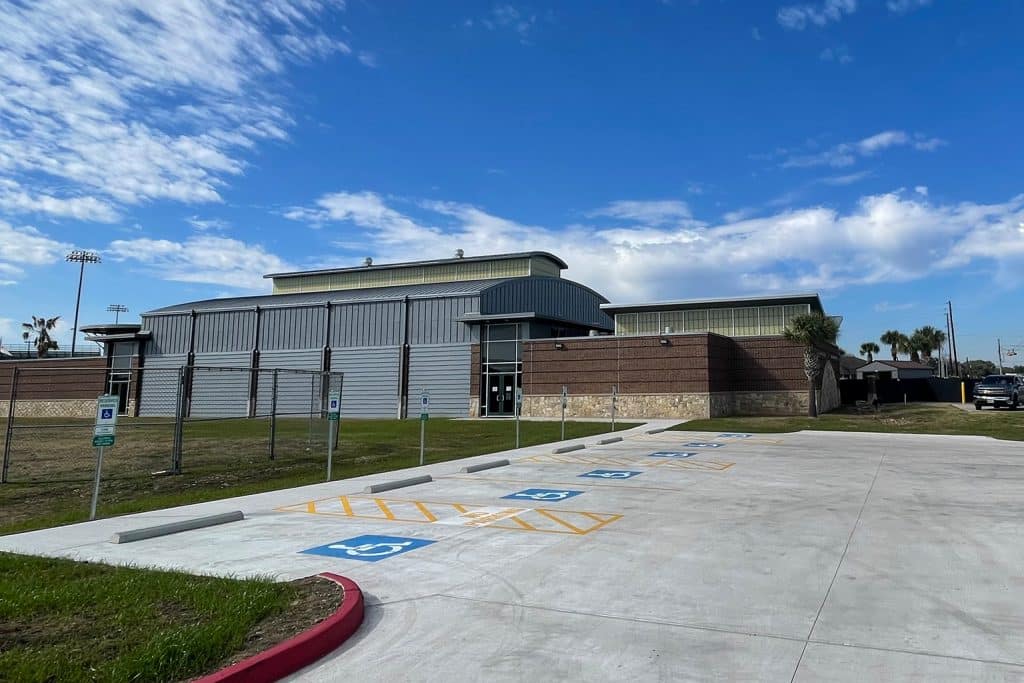Drywall construction plays a vital role in the development of commercial buildings. It's not only about putting up walls but ensuring that these walls are durable, aesthetically pleasing, and functional. In this blog, we'll explore what commercial drywall construction entails, its benefits, and why it’s crucial for the overall success of any construction project.

What is Commercial Drywall Construction? 🏢
Commercial drywall construction refers to the installation of drywall (also known as gypsum board or plasterboard) in commercial spaces like office buildings, retail centers, hospitals, schools, and more. Drywall serves as the interior walls and ceilings, providing a smooth surface that can be painted or finished to meet design requirements.
Key Elements of Drywall Construction:
- Durability: Designed to withstand high traffic and wear.
- Fire Resistance: Certain types of drywall can protect buildings by slowing the spread of fire.
- Acoustic Insulation: Reduces noise between rooms or workspaces.
- Energy Efficiency: Helps in insulation, keeping buildings warm or cool as needed.
Why Choose Drywall for Commercial Spaces? 🤔
Commercial drywall offers several advantages, making it the go-to choice for many contractors and property developers. Here are some key reasons why drywall is an excellent option for your commercial building project.
Benefits of Drywall Construction 🏗️
1. Cost-Effective 💰
- Drywall is significantly more affordable than other construction materials like brick or wood, making it a budget-friendly choice for large commercial projects.
2. Quick Installation ⏱️
- One of the biggest benefits is its fast installation process. Compared to traditional methods, drywall construction takes less time, allowing projects to stay on schedule.
3. Customizable 🎨
- Drywall can easily be cut and shaped to meet specific design requirements, making it versatile for all types of layouts.
4. Enhanced Fire Safety 🔥
- Special fire-resistant drywall (Type X) can help protect commercial spaces, ensuring safety compliance and reducing the risk of fire-related damages.
5. Sound Insulation 🎧
- Acoustic drywall is designed to absorb sound, making it perfect for offices, hospitals, and other areas where privacy and quiet are essential.
Types of Drywall Used in Commercial Construction 🏗️
Choosing the right type of drywall for your commercial space depends on several factors, including the purpose of the room, safety regulations, and environmental conditions.
1. Standard Drywall 🧱
- The most common type used in both residential and commercial projects. It is perfect for spaces that don't require additional fire resistance or moisture protection.
2. Fire-Resistant Drywall (Type X) 🔥
- As the name suggests, this drywall offers additional protection against fire, making it ideal for areas with strict fire code requirements like stairwells and corridors.
3. Moisture-Resistant Drywall 💧
- Also known as green board, this type of drywall is used in areas exposed to moisture, such as bathrooms, kitchens, and basements, ensuring mold prevention.

4. Soundproof Drywall 🎤
- Often used in office buildings, schools, and hotels, soundproof drywall has extra layers of gypsum and specialized materials to reduce sound transmission between rooms.
The Process of Commercial Drywall Construction 🏗️
Understanding the installation process of drywall is key to appreciating its efficiency and effectiveness. Here’s a breakdown of the standard steps involved in commercial drywall installation:
Step 1: Planning and Design 📋
- Before any drywall is installed, a detailed plan is laid out that includes dimensions, material selection, and layout designs. This ensures that the drywall will meet both structural and aesthetic needs.
Step 2: Framing 🛠️
- The drywall needs a sturdy frame to attach to, usually made of metal or wood studs. This frame provides the structure for walls and ceilings.
Step 3: Drywall Hanging 🧰
- Large sheets of drywall are cut to size and attached to the framing using screws or nails. These sheets are carefully aligned to ensure smooth surfaces.
Step 4: Taping and Mudding 🏗️
- After the drywall is in place, contractors apply drywall tape over the seams, followed by layers of "mud" (joint compound). This step creates a smooth, even surface that hides joints and fasteners.
Step 5: Sanding 🧽
- Once the mudding dries, the surface is sanded to create an ultra-smooth finish. This is a crucial step before painting or applying other finishes.
Step 6: Finishing 🎨
- After sanding, the drywall is ready to be painted, textured, or finished according to the design plan.
Factors to Consider in Commercial Drywall Construction 🏢
When selecting drywall for a commercial project, several factors must be taken into account to ensure it fits the space's needs.
1. Building Codes and Regulations 📜
- Always ensure that the drywall used complies with local building codes, especially in terms of fire safety, moisture resistance, and soundproofing.
2. Environmental Conditions 🌧️
- Moisture levels, temperature, and potential hazards in the building's location can influence the type of drywall used. Moisture-resistant drywall is essential for areas exposed to high humidity.
3. Purpose of the Space 🎯
- The function of the space will dictate what kind of drywall to use. For example, an office might require soundproof drywall, while a kitchen might need moisture-resistant drywall.
4. Budget Considerations 💸
- Keep the project within budget by selecting the right type of drywall without compromising quality. Efficient material planning and bulk purchasing can also reduce costs.
The Role of Professionals in Drywall Installation 🛠️
While drywall may seem straightforward, professional installation ensures that the process is completed with precision and efficiency. Hiring experienced contractors guarantees that the drywall will be durable, correctly installed, and compliant with safety regulations.
Why Hire a Professional? 👷
- Expertise: Professionals have the necessary skills to handle complex layouts and requirements.
- Efficiency: Contractors ensure that the job is done quickly, minimizing downtime for the business.
- Compliance: They ensure the installation adheres to all building codes and regulations.
- Quality Control: From material selection to the finishing touches, professionals deliver high-quality work that lasts.
Conclusion: Why Commercial Drywall is Essential for Your Building 🏢
Commercial drywall construction is much more than just putting up walls—it provides fire safety, sound insulation, and energy efficiency while being cost-effective and customizable. Whether you're building a new office or renovating a retail space, drywall offers the flexibility and strength needed to create functional, modern environments.
With the right materials, a skilled team, and a clear plan, your commercial drywall construction project can elevate the entire building's functionality and aesthetics. 🛠️
So, whether you're a contractor, architect, or property owner, understanding the nuances of drywall will help you make informed decisions that contribute to the success of your construction project!
Contact us today!
Business Address: 7984 N Hwy 6 Loop, Navasota, TX, 77868
Business Phone: +1 936-825-1603
Hours of operations: Monday-Friday:8:00 am-5:00 pm
Business Website: https://mbcmusa.com
Facebook: https://www.facebook.com/mbc.designbuild/
Instagram: https://www.instagram.com/mbc.designbuild/






Comments